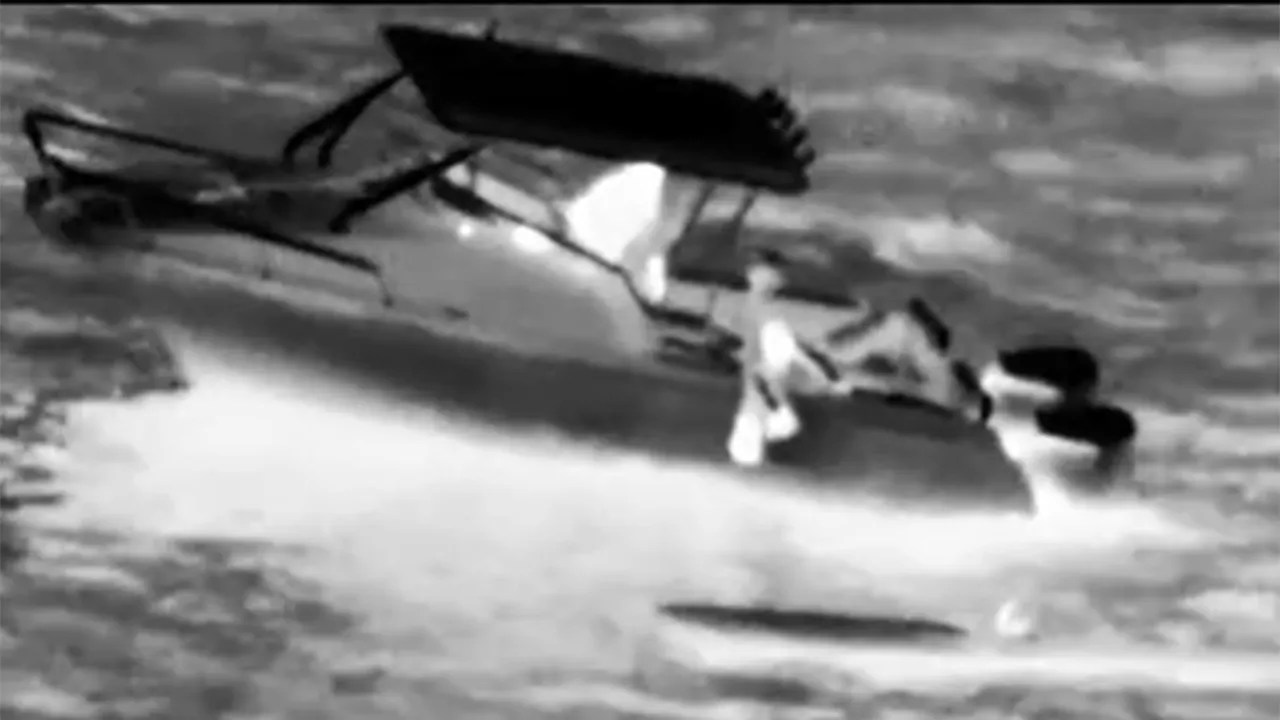A 17-year-old student, Kahiau Kawai, became separated from his high school paddling group during a routine training session near Waikiki Beach in Hawaii. The incident led to a harrowing ordeal where Kawai found himself stranded in the open ocean for nearly 12 hours. Fortunately, a coordinated search and rescue operation, involving the U.S. Coast Guard and Honolulu Fire Department, culminated in Kawai’s safe return.
A Long and Difficult Journey
Kawai’s ordeal began when he capsized on his surf ski, approximately half a mile south of the Sheraton Waikiki Beach Resort. The incident occurred on Wednesday evening, around 7:27 pm, and Kawai was not wearing a life jacket. Despite the treacherous situation, Kawai exhibited remarkable strength and resilience. He managed to stay afloat by treading water and clinging to his overturned kayak.
Search and Rescue Efforts
The Honolulu Fire Department immediately contacted the Coast Guard, initiating an urgent search and rescue mission. The Coast Guard deployed an array of resources including a helicopter, an airplane, and a 45-foot response boat to scour the vast expanse of the Pacific Ocean. Meanwhile, a network of emergency broadcasts were issued to notify nearby vessels.
A Timely Rescue
The long night of anxious anticipation finally came to an end early Thursday morning. Around 4 am, an off-duty lifeguard, Noland Keaulana, spotted Kawai in the water and successfully pulled him to safety. The sheer relief of the rescue was palpable, and both the rescuer and the rescued expressed their emotions.
The Importance of Safety
Kawai’s experience underscores the critical importance of safety precautions, particularly during water sports. This case highlights the importance of:
- Life Jacket Use: Kawai’s ordeal demonstrates the critical role of life jackets in water activities. Wearing a life jacket is a simple, but often life-saving precaution.
- Proper Planning and Communication: The importance of staying in close contact with the group, carrying communication devices, and having a detailed plan of action cannot be emphasized enough.
- Being Prepared for Emergencies: Individuals participating in water sports should be aware of potential risks and equipped to handle unforeseen situations.
A Miraculous Recovery
After spending hours in the cold Pacific waters, Kawai received treatment for hypothermia and other minor injuries. The student, despite facing an extraordinary ordeal, showed incredible fortitude and emerged from the experience with minimal long-term harm. He is a testament to human resilience.
Takeaway Points
The story of Kahiau Kawai serves as a reminder of the vital role of preparedness, quick action, and the spirit of cooperation when it comes to safety and survival. His rescue stands as a testament to the remarkable capacity of human resilience and the coordinated efforts of emergency responders. The incident also highlights the critical need for safe practices, particularly during water activities.




